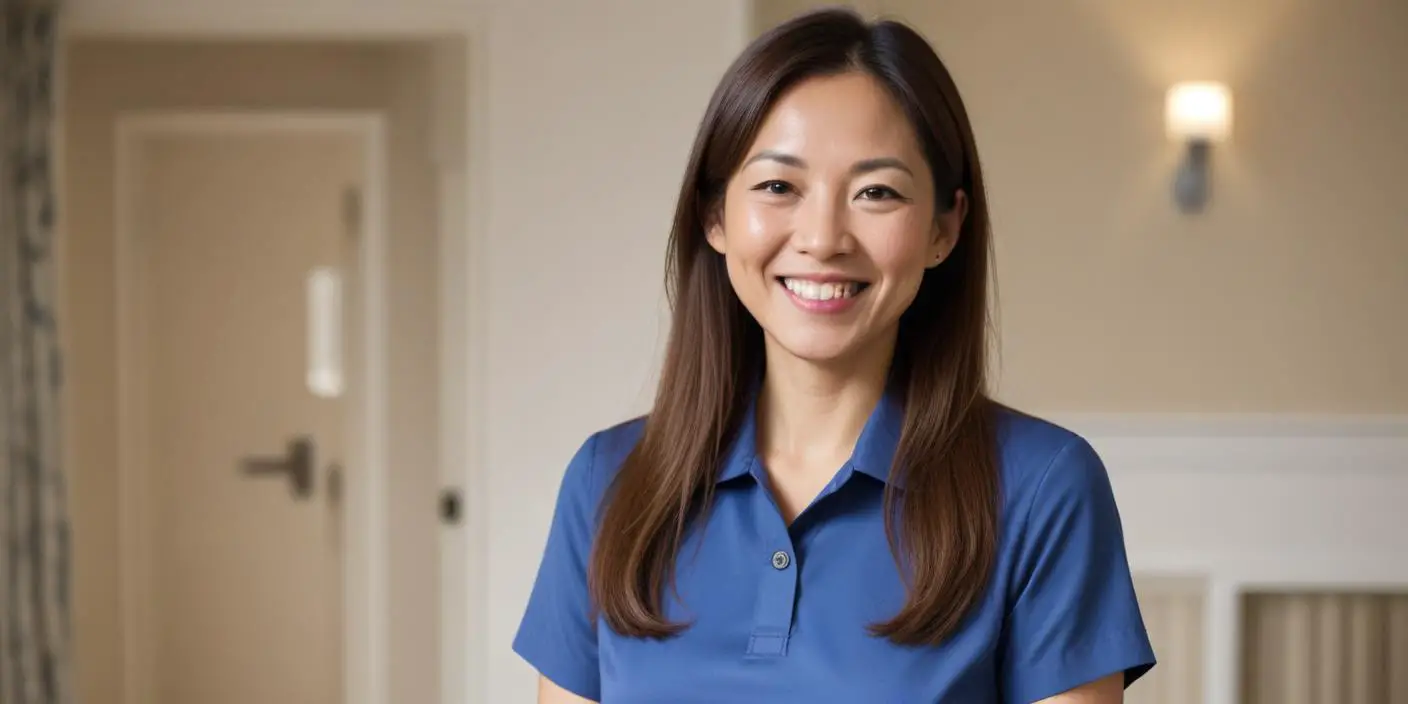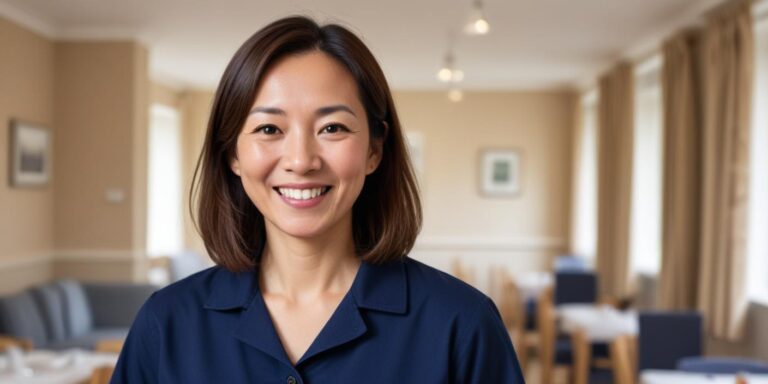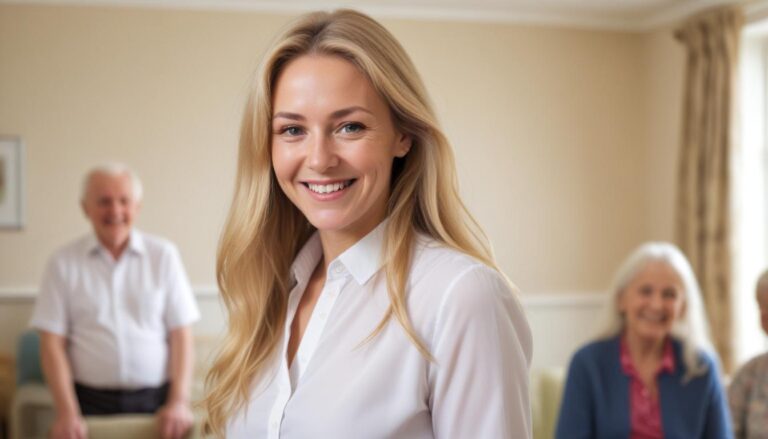
Summary
- Economic Contributions: Older people contribute to the economy by working, volunteering, and providing childcare, which supports family stability and community services.
- Social and Cultural Roles: They preserve cultural heritage and offer mentorship, enriching community life and fostering intergenerational connections.
- Educational and Health Support: Through lifelong learning and caregiving, older adults enhance educational environments and provide emotional and practical support, easing the burden on healthcare systems.
- Civic and Environmental Engagement: Older individuals participate in political processes, advocacy, and sustainable practices, promoting social justice and environmental stewardship.
This guide will help you answer 2.1 Describe the contributions to society made by older people.
Older people make significant contributions to society in countless ways. They share their knowledge, provide support, and enrich communities. Recognising the value they bring is essential for fostering a more inclusive society.
Economic Contributions
Workforce Participation
Many older people continue to work, bringing valuable experience to various industries. They often take part-time roles or shift to consultancy, mentoring younger colleagues and ensuring the transfer of skills and expertise.
Volunteering
Older individuals often engage in volunteering. They offer their time and skills to charities, community groups, and local organisations. This unpaid work supports essential services and helps build strong community networks.
Childcare Support
Grandparents frequently help with childcare. This support allows parents to work or study, contributing to economic stability. It also strengthens family bonds and provides emotional security to children.
Social Contributions
Cultural Heritage
Older people act as custodians of cultural traditions and history. They pass down stories, recipes, and customs, ensuring cultural continuity. This transmission of heritage enriches the lives of younger generations.
Mentorship and Guidance
Through mentorship, older individuals provide guidance and wisdom. They support young people in their personal and professional development, offering insights gained from life experiences.
Community Engagement
Older adults often participate in community groups, clubs, and societies. Their involvement enhances social cohesion and encourages participation from all age groups, fostering intergenerational relationships.
Educational Contributions
Lifelong Learning
Many older people pursue lifelong learning, sharing their knowledge and perspectives in educational settings. They often tutor or teach, enriching the learning environment with diverse viewpoints.
Sharing Expertise
By speaking at seminars, workshops, or local events, older adults offer valuable insights. They contribute to the educational advancement of others, whether in formal or informal settings.
Health and Wellbeing Contributions
Emotional Support
Older relatives and friends provide emotional support during challenging times. Their empathy and understanding help improve mental health and emotional wellbeing in their communities.
Caregiving
Many older people take on caregiving roles, looking after partners, relatives, or neighbours. This unpaid care eases the burden on healthcare systems and ensures vulnerable individuals receive necessary support.
Civic Contributions
Political Engagement
Many older adults engage in political processes. They vote, campaign, and advocate for policies that benefit society. Their participation ensures diverse voices are heard in democratic processes.
Advocacy
Older individuals often lead social campaigns and advocacy groups. They champion causes like age-related issues, environmental concerns, and social justice, driving positive change in society.
Environmental Contributions
Sustainable Practices
Older generations often practice sustainable living, such as gardening, recycling, and conserving resources. They model these behaviours for younger generations, promoting environmental stewardship.
Community Gardening
Many contribute to community gardens, enhancing green spaces and food security. This activity improves urban environments and encourages community collaboration.
Challenges and Opportunities
Overcoming Ageism
Society sometimes underestimates the contributions of older adults due to ageist stereotypes. Recognising and valuing their roles can counteract these misconceptions and create more inclusive communities.
Harnessing Experience
Embracing the skills and knowledge of older people creates opportunities for growth in various sectors. Their experience can drive innovation and improve services and productivity.
Final Thoughts
Older people contribute richly to society across economic, social, educational, health, civic, and environmental domains. By acknowledging their roles, we can foster a more vibrant, inclusive community that celebrates the wealth of experience and knowledge they provide.
Subscribe to Newsletter
Get the latest news and updates from Care Learning and be first to know about our free courses when they launch.




